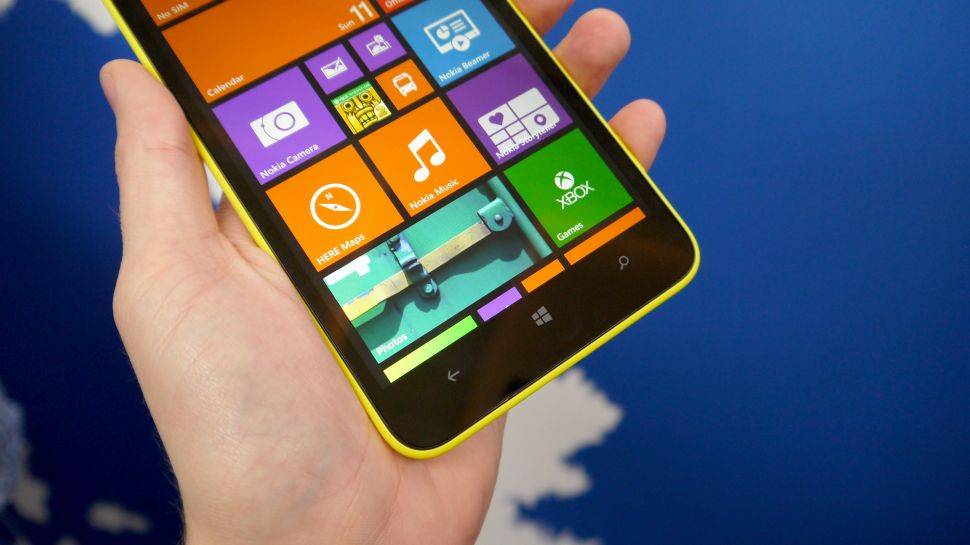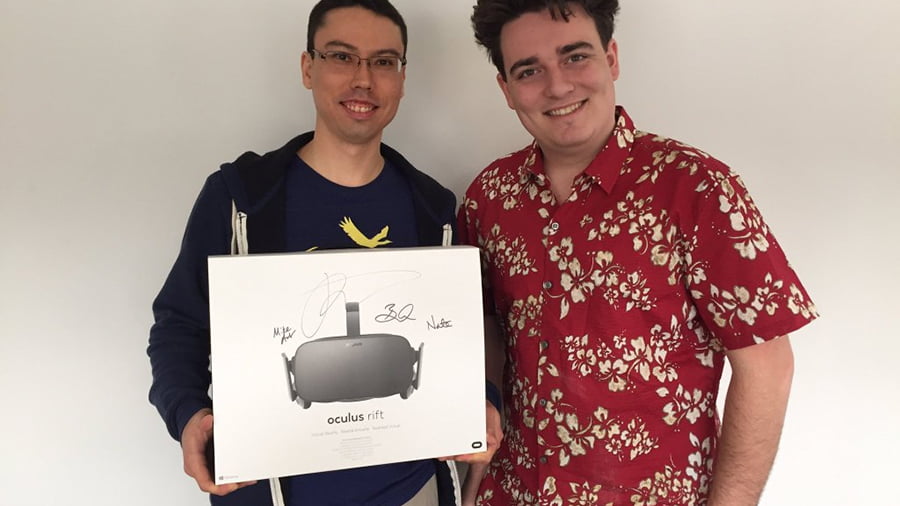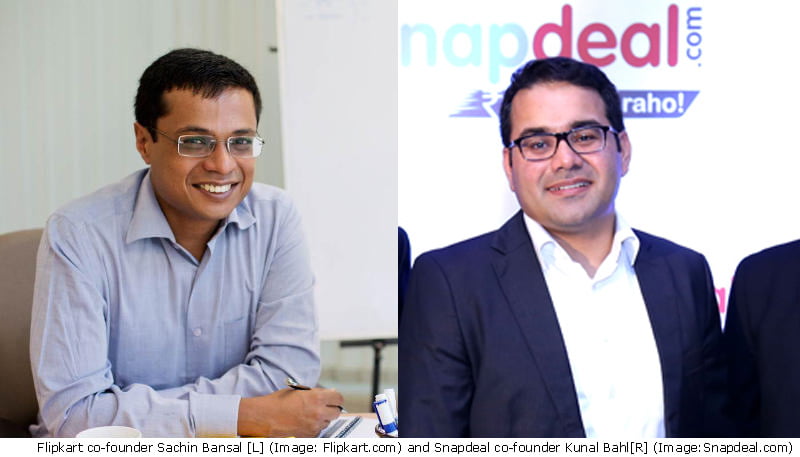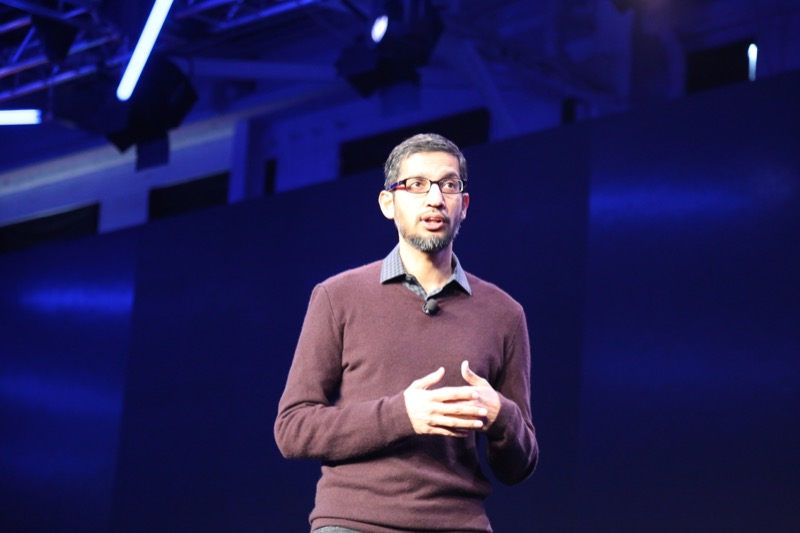
The Paris terrorist attacks of November 13, 2015, sparked a massive global discussion on Twitter and other social media sites between those attacking and those defending Islam and Muslims. The March 22 terrorist attack in Brussels is, of course, sparking similar, heated online debate.
Researchers at the University of Washington Information School and the Qatar Computing Research Institute analyzed 8.36 million tweets beginning seven hours after the Paris attacks and continuing for 50 hours. Searching for words and hashtags relevant to the event, the team identified about 900,000 tweets relating to Islam and Muslims.
They found that while anti-Islam and anti-Muslim sentiments arose on Twitter, most tweets in the huge stream following the Paris attacks actually condemned the negative hashtags and expressed support for Islam.
The study was conducted by a team including Norah Abokhodair—now a UW Information School doctoral student—and begun when she worked with the Qatar Research Institute, in collaboration with Melbourne University. Her co-authors are institute colleagues Walid Magdy and Kareem Darwish.
“Our analysis shows that the majority of tweets showing attitude toward Muslims and Islam after the Paris attacks were positive toward Muslims—defending Muslims and disassociating them from the attacks,” the researchers wrote.
More than 60 percent of tweets about the Paris attacks in the days after that incident defended Muslims and Islam using the hashtags #MuslimsAreNotTerrorists. Also trending at the time, the researchers note, were hashtags such as #IslamistheProblem and even those calling for the death of Muslims.
The study, posted on arXiv in December 2015, was cited in a March 23 CNN article that found a similar trend just following the March 22 attacks in Brussels.
“Similarly, on Tuesday, the #StopIslam hashtag was quickly overtaken by other users slamming the trend as ‘stupid’ and senseless,” CNN reported.
The researchers will present an updated version of the paper in May to the Association for Computer Machinery’s Webscience Conference in Hannover, Germany, which extends the analysis.
In the new paper, the team compares post-event tweets with users’ pre-event network dynamics—who they follow and are followed by, and who they retweet—to focus on how a person’s online content can be used to predict future attitudes in the aftermath of a major event—even if the individual has not expressed opinions online about the topic.
“Social media messages and networks have profound influence on political attitudes and are shaping national policy,” Abokhodair said. “Future research will allow for more accurate predictions of crisis response and policy change.”
[Source:- Phys]



 A US-based company has designed a portable device that lets you turn any smartphone into a 3D printer using the light from the touchscreen to process your plastic creations, a media report said.
A US-based company has designed a portable device that lets you turn any smartphone into a 3D printer using the light from the touchscreen to process your plastic creations, a media report said.
 The world automobile leader Mercedes-Benz announced few days ago, that they are replacing Robots in their century old German factory at Sindelfingen. This German plant processes 1500 tons of steel per day while producing 400K vehicles from of their assembly lines per year which includes the illustrious S-Class Maybach sedan and GT sports car.
The world automobile leader Mercedes-Benz announced few days ago, that they are replacing Robots in their century old German factory at Sindelfingen. This German plant processes 1500 tons of steel per day while producing 400K vehicles from of their assembly lines per year which includes the illustrious S-Class Maybach sedan and GT sports car.















